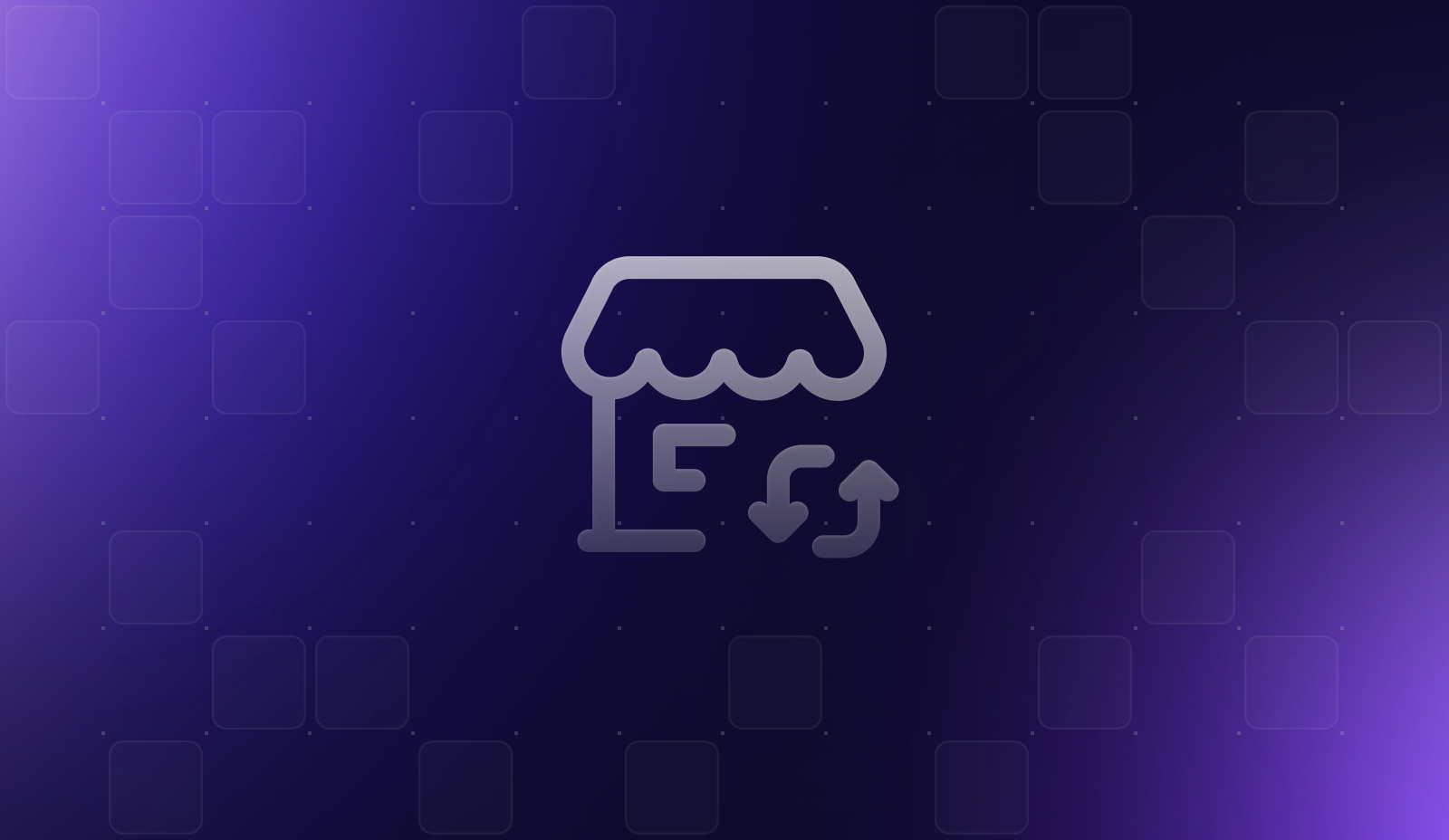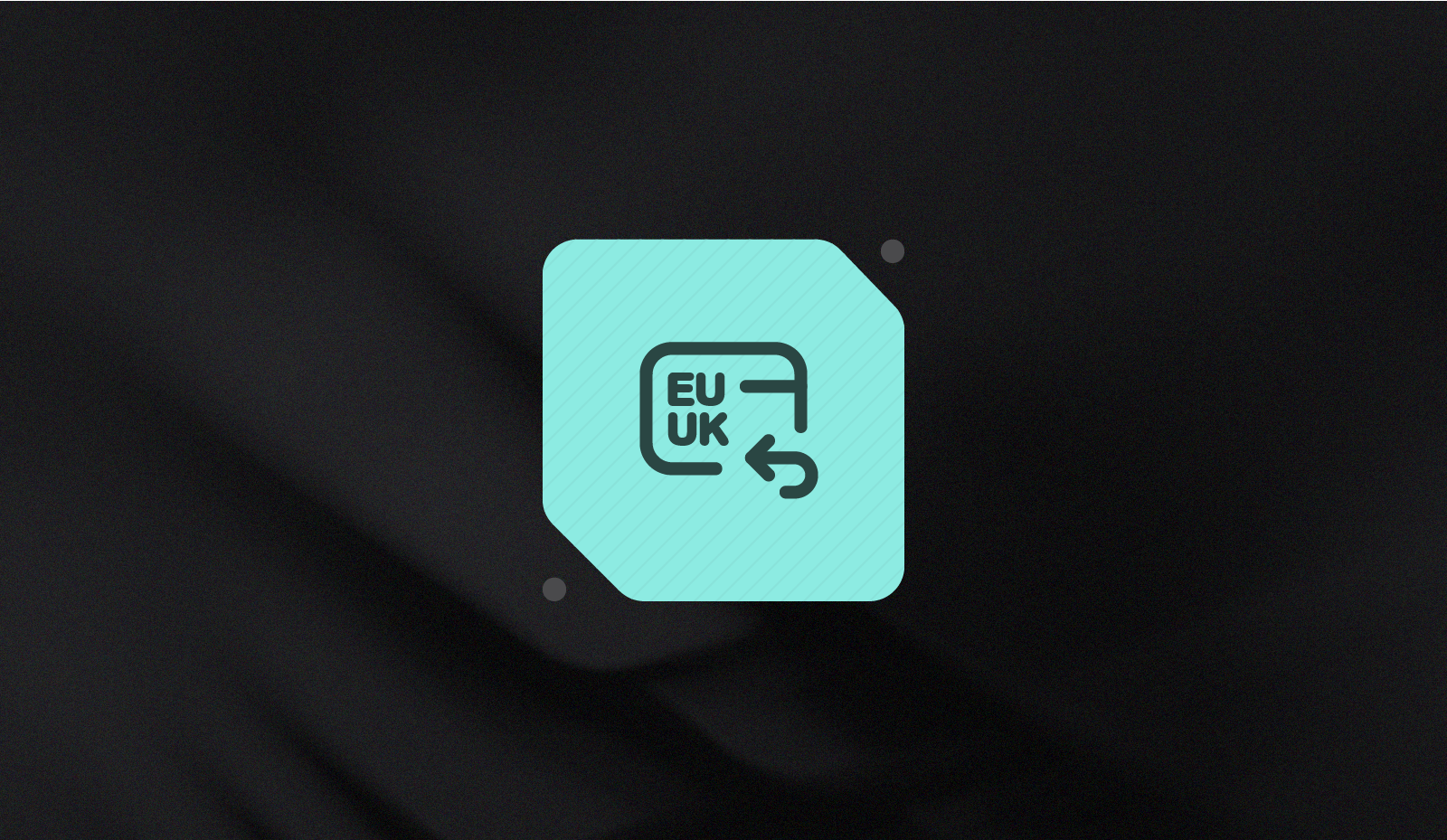What to Know About Subscription Payment Processing

If only subscription payments were as easy as set it and forget it.

We are all contributors to the subscription economy, and from a business perspective, the involuntary churn associated with subscription payment processing.
Merchants lost as much as 11% of their revenue to failed payments and involuntary churn. Given that most credit cards have expiration dates within the next two to four years, inevitably, every month, a meaningful share of credit cards will fail if left unattended. Merchants without a plan will see a natural reduction in successful payments and risk being shut down by a payment service provider (PSP) for high chargeback volumes.
Difference Between Recurring and Subscription Payment Processing
Before we get into best practices for managing subscription payment processing, let’s start with a shared understanding of the nuanced differences between recurring and subscription payments.
Recurring payments refer to a payment model in which a customer authorizes a merchant to charge them automatically, and regularly, for a product or service. This is very common in utilities, insurance premiums, or ongoing memberships.
Subscription payment processing is a subset of recurring payments, with a more consistent monthly fee and tied explicitly to paying for access to a product or service. Streaming services are the most popular example of a subscription payment to a merchant.
Knowing these subtleties can help a merchant choose the right payment model or partner for their services—and effectively communicate these options to their customers.
Managing Subscription Payments
While the general business model is relatively straightforward, accepting and managing payments is complex for subscription merchants.
Customer satisfaction can suffer when a subscription payment fails and the merchant locks the customer out of the product or service. While the blame may arguably be on the customer’s shoulders, the customer only sees the merchant's delisting action.
Enter Dunning Management for subscription payments.
In the subscription space, dunning management is said to be the process of communicating with customers about bills, payment successes, failures, and automating the process of deciding when and how to re-run transactions. Companies following dunning management strategies are focused on ending involuntary churn. They use machine learning to help subscription merchants recover failed payments.
Unlike their historical forebears, modern subscription payment processes are not generally intended to be aggressive or accusatory but rather a subset of a customer success mindset that helps customers maintain access to the service they want. A well-managed dunning strategy is critical to ensuring that every customer who wants to continue their subscription can and for the merchant to constantly optimize its subscription payment processing.
Risk with Subscription Payments
Besides the credit card expiring and not being updated, there are three primary reasons for subscription payment processing to fail:
- The account was fraudulently created, and the card network shut down the card.
- The customer wishes to unsubscribe and, rather than go through the process, disputes the credit card transaction or fails to update their card information.
- The customer account does not have sufficient funds or credit available.
Knowing this information, three important tactics come into play for subscription merchants to optimize their authorization rates:
- Ensure that the account cancellation process is clear and customers who don’t recognize charges can reach someone for help. This reduces unexpected payment failures and fraud-related chargebacks.
- Use a card updater service to receive updates on expired cards to avoid missing intended payments when details like expiration dates change.
- Automate the payment process to spot “soft” or “hard” declines on attempted charges and decide which to try again with a different PSP or at another time.
Negative Option Merchants
Negative-option merchants offer customers an option, like a free trial, requiring a credit card to sign up. The customer opts to pay for a subscription and is charged until cancellation or the end of the promotional period. This type of recurring billing system falls under MCC 5968, a tier 3 industry according to the Visa Integrity Risk Program (VIRP).
The primary risks here are:
- Customer Disputes: If customers feel misled or did not receive the expected value, they may dispute the charge. They may also dispute not being informed about automatic renewals.
- Fraud Potential: Malicious actors may sign up for services using stolen credit card information or attempt to abuse the free trial system.
It is challenging to operate a subscription business in a high-risk vertical due to the increased risk of fraud, regulatory scrutiny, chargebacks, and fees. However, implementing the right strategies can ensure successful operations.
Some best practices include:
- Understanding Industry Regulations: Becoming knowledgeable about the standards that card networks and PSPs have in place regarding chargebacks and disputes, fraud prevention, reporting and compliance, and industry trends.
- Provide Clear Communication: Make it easy for prospective customers and partners to understand exactly what your business is, how the free trial process works, what the terms of use are, and clear steps to cancel.
- Choose the Right PSP(s): Partner with reputable and experienced payment processors that specialize in high-risk merchant accounts and have a history of working successfully with MCC 5968.
PSPs for Subscription Merchants
Accepting debit or credit cards as subscription payments or recurring billing inherently brings your business into scope with the Payment Card Industry Data Security Standard (PCI DSS). In recent years, tokenization has become a popular mechanism for subscription merchants to enjoy the flexibility of card-on-file (COF) transactions.
What Subscription Merchants Should Look For in a PSP?
When choosing a payment partner, each subscription merchant should consider several factors to ensure the provider is the right fit. Organizations should consider:
- Expertise: Does the provider know your company’s unique payment needs?
- Experience: How much experience does the provider generally have and in the areas you need to leverage?
- Reputation: How well-regarded is this provider in the marketplace?
- Cost: Does the price work with your budget and business needs?
Fortunately, many payment service providers (PSP), like Stripe and Adyen, provide tools and services that significantly reduce the effort to be PCI DSS compliant. The original cardholder data is stored within their compliant infrastructure, and tokens are issued for merchants to store and use to initiate future transactions.
Unfortunately, PSP tokens are unique to the PSP that generated them, so a token generated by PSP A can’t be used with Partner B or PSP C.
Providers like Basis Theory—who is not a PSP—come into play with a payment tokenization vault that can support subscription merchants. By capturing and tokenizing the payment data after the transaction is initiated, the merchant then receives a token that can be routed to any PSP and is not locked into a single option.
Thus, if a subscription merchant has a failed payment at PSP A, the transaction can be re-run at PSP B. This type of retry logic and routing can help merchants never miss a payment.
.png?width=365&height=122&name=BTLogo%20(1).png)


